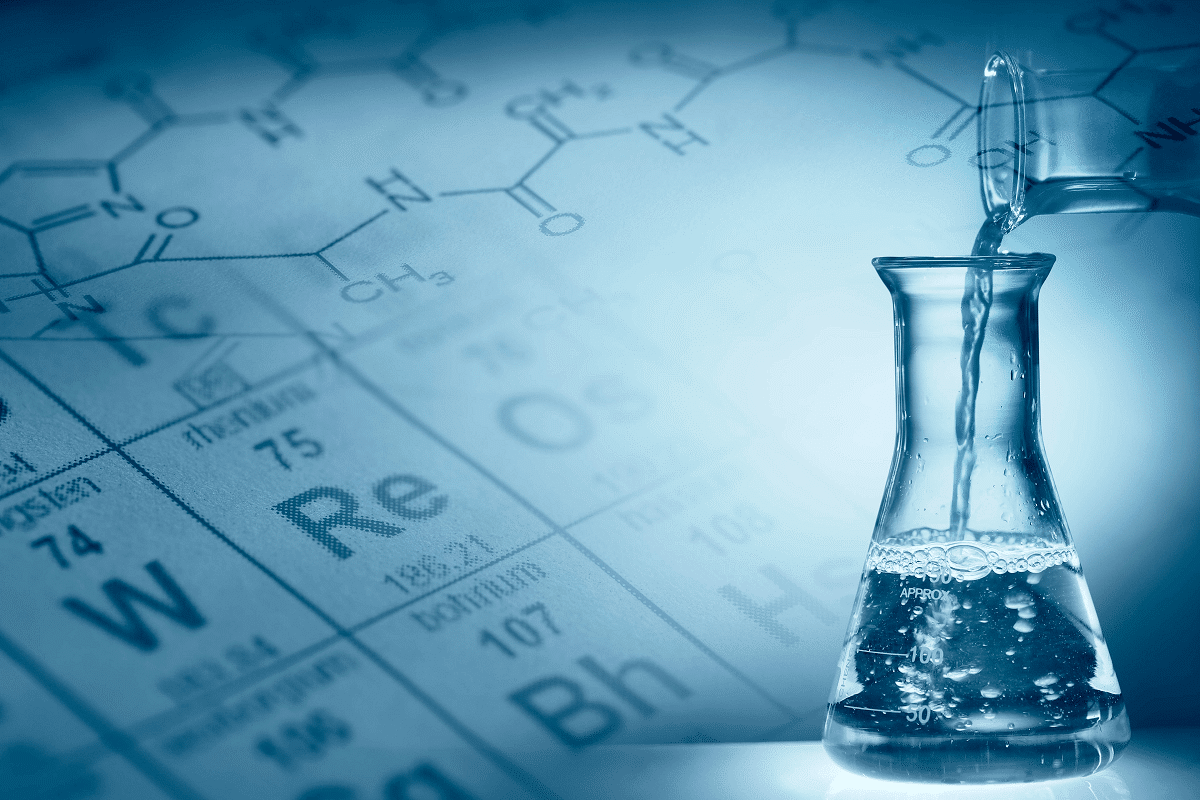Scientifically identified as C2HCl3, the chemical compound trichloroethylene (TCE) is classified as a halocarbon, one that is primarily used in industrial solvents. But simply knowing the classification of TCE often doesn’t give companies all of the information they need to accept or reject the chemical. Consequently, let’s look at the TCE chemical classification to create a portrait that shows the carcinogenic solvent scientifically.
- Molar mass —4 g/mol
- Appearance: Colorless liquid
- Odor: chloroform-like
- Density:46 g/cm3 (20 °C)
- Melting point: ?73 °C (?99 °F; 200 K)
- Boiling point2 °C (189.0 °F; 360.3 K)
- Solubility in water: 1.280 g/L
- Solubility: ether, ethanol, chloroform
- Vapor pressure 58 mmHg/0.076 atm (20°C)
- Refractive index (nD) 4777 at 19.8 °C
The information above describes chemical properties of TCE, but what do these properties to mean for workers who handle TCE-based solutions regularly? According to the U.S. Department of Human Health Services (HSS) and the Environmental Protection Agency (EPA), TCE has gone from being reasonably anticipated as a human carcinogen to being a “known” carcinogen thanks to the TCE chemical classification.
For those who desire more information, Wikipedia maintains an excellent TCE data page that offers a variety of information about how to use and not use the hazardous chemical.
The Effects of TCE Exposure
Like most toxic chemicals that have made the Environmental Protection Agency’s (EPA’s) List of List, TCE appears to be well on its way there. The fact that the chemical is a carcinogen alone is enough to get it banned, or at least make it usable in volumes that would be of little use to industrial operations. The four primary health effects of TCE that will likely get it banned are:
- Cancer risk
- Reproductive problems
- Development problems
- Fetal cardiac defects
The EPA currently requires “any company that manufactures, imports or processes TCE for use in a consumer product must notify the agency 90 days in advance”. This is what what we call moderate regulation. Heavy regulation would make it impossible for large-scale users to deploy TCE in the necessary amount, and a ban on TCE would essentially halt its production altogether — at least in the U.S.
Ready to Start Replacing TCE?
If so, you have at least two good reasons to do it: It lowers health risk for your workers, and helps your company avoid increased sick days taken, workers comp claims, and even settling chemical injury lawsuits. On the bright side, Ecolink has the non-toxic, eco friendly solutions you need, solutions that deliver the same power as TCE without the toxic formulation.
We can explain the TCE chemical classification in all respects, and help you identify whether one of our stock solutions or custom solutions is ideal for your needs. Call us today at (800) 563-1305, or send us an email through our contact form. We look forward to providing a solution that helps protect the health of your workers and your company’s bottom line.















